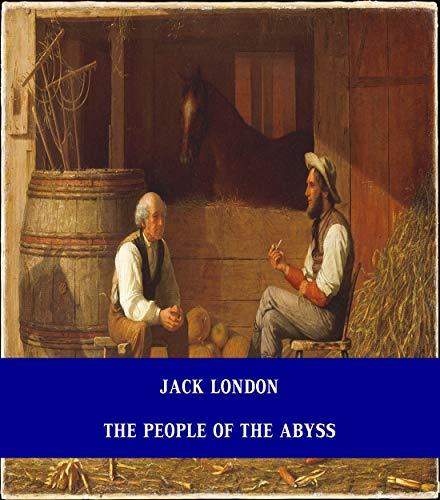What do you think?
Rate this book


248 pages, Kindle Edition
First published January 1, 1903

“’Ow did I like it? A bloomin’ good chawnce, sez I to myself, for a sleep, wi’ all the coppers aw’y, so I turned into the corner there, along wi’ fifty others. But I couldn’t sleep, a-lyin’ there an’ thinkin’ ’ow I’d worked all the years o’ my life an’ now ’ad no plyce to rest my ’ead; an’ the music comin’ to me, an’ the cheers an’ cannon, till I got almost a hanarchist an’ wanted to blow out the brains o’ the Lord Chamberlain.”I usually like dialects and slang in books. But only in fictional ones and when it's used to portrait the characters. I think for a non-fiction book this isn't really necessary. But of course that's a matter of taste.
s. d.
Himself 6 1.5
Wife 5 6.5
Two children 10 2.5
Total 21 10.5
